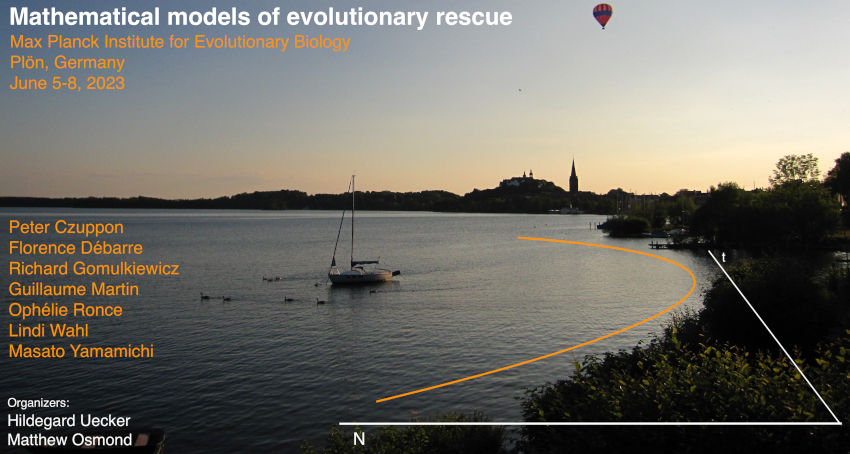Speaker
Description
Modern agriculture faces the problem of meeting the rapidly increasing demand for food in a growing world population while minimising the environmental impacts. Weeds are a major threat to crop production, causing the highest yield losses among pests. Since the late 1960s, conventional agriculture has primarily relied on herbicides for controlling weeds. This overreliance on herbicides has led to the widespread evolution of herbicide resistance in various weed species. Weedy traits that increase persistence, like seed banks and asexual propagation, impose further challenges to weed management. The evolution and spread of herbicide resistance is an example of adaptation via evolutionary rescue, for which a comprehensive understanding of the underlying eco-evolutionary factors is still missing. Using a multitype Galton-Watson branching process, I model the lifecycle of perennial weeds to study the eco-evolutionary dynamics of herbicide resistance evolution and the probability of evolutionary rescue. I analyse the role of standing genetic variants and spontaneous mutations in resistance adaptation. Further, I show how including the explicit details of weedy traits, such as seed bank dynamics, self-pollination and asexual propagation, can thwart the efficacy of herbicide application and favour resistance evolution, urging us to explore new control strategies.

